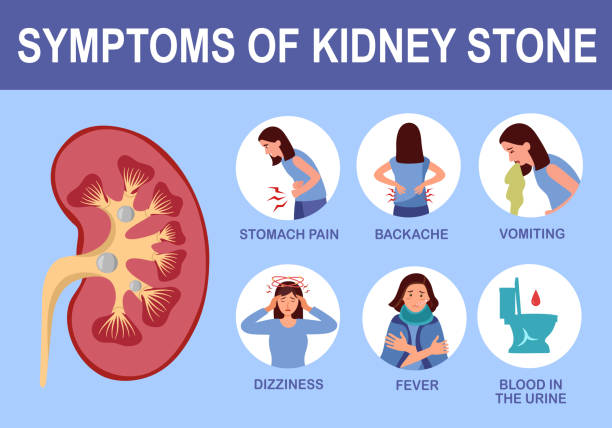Introduction
Kidney stones, also known as renal calculi, are hard mineral deposits that form inside the kidneys. They can range in size from a grain of sand to a golf ball and can cause severe pain and discomfort. In this article, we will explore the causes, symptoms, diagnosis, and treatment of kidney stones.
What are Kidney Stones?
Kidney stones are small, solid masses made up of tiny crystals. These crystals form from substances in the urine, such as calcium, oxalate, and uric acid. Over time, these crystals can accumulate and form a stone-like structure.
Types of Kidney Stones
There are four main types of kidney stones:
- Calcium stones: The most common type of kidney stone, made up of calcium oxalate
- Uric acid stones: Formed from excess uric acid in the urine
- Struvite stones: Resulting from urinary tract infections
- Cystine stones: A rare type of kidney stone, resulting from a genetic disorder
Causes of Kidney Stones
The exact cause of kidney stones is not known, but several factors can increase your risk, including:
- Diet: A diet high in salt, sugar, and animal protein can increase the amount of calcium in your urine and increase your risk of kidney stones
- Dehydration: Not drinking enough water can lead to concentrated urine and increase the risk of kidney stone formation
- Medical conditions: Certain medical conditions, such as gout, inflammatory bowel disease, and renal tubular acidosis, can increase the risk of developing kidney stones
- Family history: If you have a family history of kidney stones, you may be more likely to develop them yourself
Symptoms of Kidney Stones

The symptoms of kidney stones can vary, but some common signs include:
- Severe pain in the back, side, lower abdomen, or groin
- Nausea and vomiting
- Urge to urinate frequently
- Cloudy or foul-smelling urine
- Blood in the urine
Diagnosis of Kidney Stones
To diagnose kidney stones, your doctor may recommend:
- Physical exam
- Urinalysis
- Blood test
- Imaging tests, such as X-rays, CT scans, and ultrasounds
Treatment of Kidney Stones
The treatment for kidney stones depends on several factors, including the size of the stone, its location, and your overall health. Some common treatments include:
- Drinking plenty of water: This can help flush out the stone and prevent it from getting bigger
- Pain medication: Over-the-counter pain medication, such as ibuprofen or acetaminophen, can help relieve pain
- Extracorporeal shock wave lithotripsy (ESWL): A non-invasive procedure that uses sound waves to break up the stone into small pieces that can be easily passed
- Ureteroscopy: A minimally invasive procedure that involves inserting a small scope into the ureter to remove the stone
- Percutaneous nephrolithotomy: A minimally invasive surgical procedure that removes stones through a small incision in the back
Prevention of Kidney Stones
To prevent kidney stones, it is important to maintain a healthy diet and lifestyle. Some tips to prevent kidney stones include:
- Drinking plenty of water: Aim to drink at least eight glasses of water per day to prevent urine from becoming too concentrated
- Limiting salt and animal protein: High levels of salt and animal protein in your diet can increase the amount of calcium in your urine and increase your risk of kidney stones
- Avoiding excess sugar and caffeine












